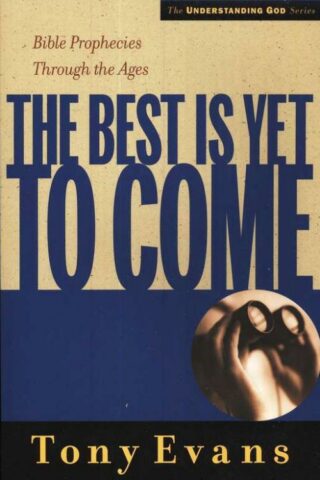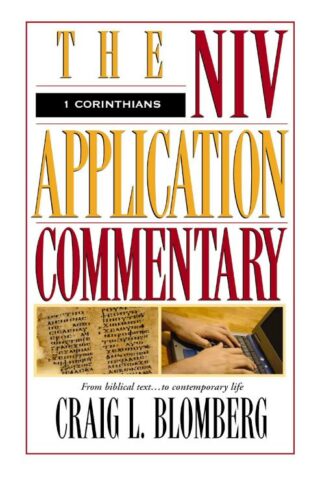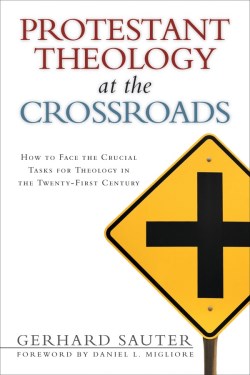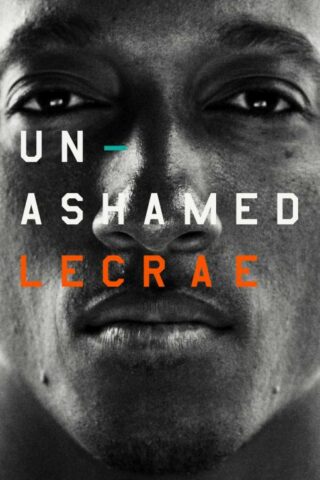Gerhard Sauter
Showing all 2 resultsSorted by latest
-
Protestant Theology At The Crossroads
$27.99Crucial tasks face protestant theology in its currently critical state. Challenged with growing skepticism and discouragement, what hope has theology for the future, and what sources might deliver this hope? Gerhard Sauter sets himself to help theology answer critical questions and accomplish essential tasks in order to move forward with hope. Protestant Theology at the Crossroads examines contextual theology, in which particular cultural heritages, race and gender, and economic conditions and the structure of social life inform the teachings of the faith rather than vice versa. How, for example, do we approach the crisis in American self-understanding caused by terrorism? Do changes in European politics change our theological perceptions? Drawing on the Warfield Lectures at Princeton in March 2000 “at which many of these chapters were presented originally.” Protestant Theology does more than provide a much-needed overall explanation of the issues theology faces. It also contains basic information on the foundation of theology, hermeneutics, Christian ethics, many central doctrinal topics, and much more. This book is a vital text for those studying theology, involved in ministry, and training future church leaders.
Add to cartin stock within 3-5 days of online purchase
-
What Dare We Hope
$19.00In this volume, Professor Sauter challenges the kind of eschatology he describes as a “theology of history,” forcefully represented by Wolfhart Pennenberg and Jurgen Moltmann, He brings this “theology of history” into conversation with:(1) Albert Schweitzer’s “Konsequente Eschatologie,” that is, eschatology that can only be understood as expectation of imminent events, and (2) “radical eschatology,” which deals with the foundation of Christian hope or with why we are allowed to hope in the first place. Drawing upon the reformers’ (Luther/Calvin) understanding of the biblical term “promise,” he defines the task of eschatology as establishing the relationship between justification and hope as well as the relationship between God’s promise and our future.
Add to cartin stock within 3-5 days of online purchase












